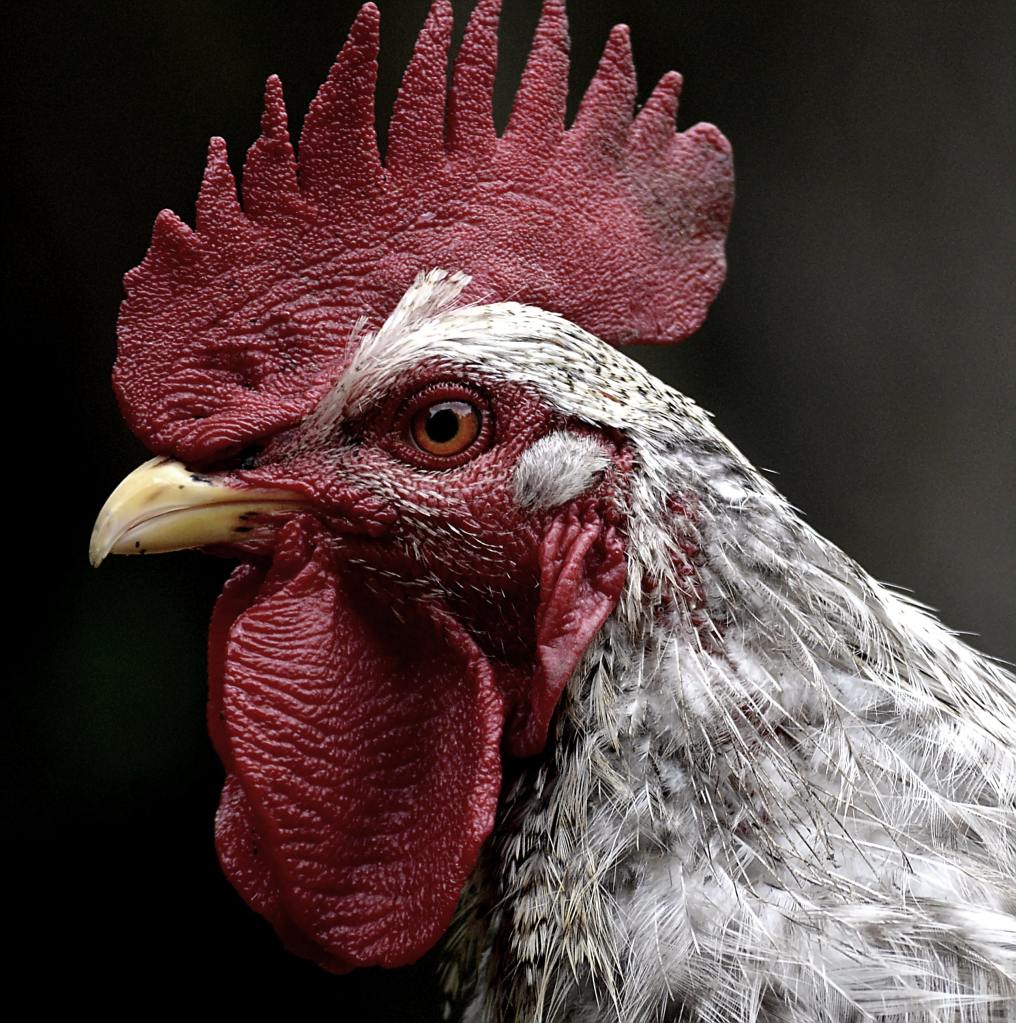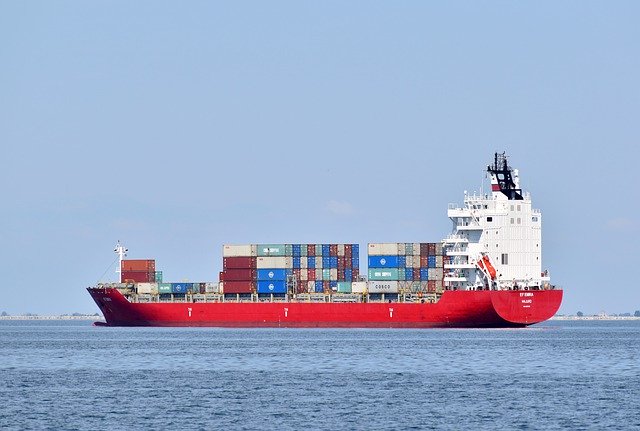By Ade Oneal
The global coronavirus pandemic has forced us to rethink the way we operate, while bringing to the fore the inefficiencies in the way “we do business.” I will not belabour the point that we are heavily reliant on tourism or importing far more than we need and export in this article, rather I will focus on our response to the pandemic and suggest areas where we are to reimagine our trade.
The initial policy response to the pandemic was primarily concerned with maintaining public health and access to critical supplies. Our response widened to include mitigating the economic fallout while preparing for recovery. These policy interventions included vat and other tax referrals, moratoriums on loans and interest, increasing the capacity of social security systems to counteract displacement of workers and business owners. Earlier this week, Parliament passed legislation to provide support for entrepreneurs, the week prior we learned of forced savings to support businesses. Missing from the discourse to date however has been the need for an export strategy to support our standard of living.
We have reached the juncture where we can no longer ignore the cultural shift & business support required to maintain our standard of living. This is why a Comprehensive Export Programme is needed. This programme should be developed in a way which improves welfare of society by reducing costs associated with the provisions of goods and services, maximising our foreign exchange earning capacity while having capital available for investment in strategic sectors. Considering businesses trade (not countries/governments), this programme should ideally be led by the Private Sector, (recall they benefited from tax breaks in 2018, 2019 and further concessions in 2020) and supported by the Government so as to realise greater exports of Barbadian goods and services. The Private Sector, responsible for finding innovative ways to remodel their businesses to support an export strategy/internationalisation and Government providing an environment which encourages innovation. Working in tandem we would be able maintain the standard of living that we have grown accustomed to.
Over the course of two articles, I will draw attention to two sectors which I believe have the capacity and wherewithal to lead this transformation. This week, I will focus on Agriculture. In 2016, The Inter-American Development Bank estimated that this industry contributes 3.8% of our GDP and 2.9% of jobs. Most Barbadians can agree that there is room for greater contribution. This article will give examples on the how.
Agriculture

Players in this industry often lecture Barbadians about their ability to satisfy local demand for fresh meat and produce. In fact, ever so often I am haunted by the words of the head of the Barbados Agricultural Society, reiterating this ability. After decades of these pronouncements, the time is ripe for this industry to look beyond the market of 280,000 people and diversify to also focus on providing inputs for secondary and tertiary agricultural products while removing the colonial stain of prioritising low value products.
This industry is ably supported by a wide array of incentives including export promotion, access to concessionary finance and land, market research through the Barbados Agricultural Development and Marketing Corporation, subsidies for investment in modern techniques and others too many to name. I concede that praedial larceny, if not addressed by legislative action and the adoption of modern technologies will frustrate the industry. I also acknowledge the difficulty in competing with countries with large land space that affords farmers to spread costs over larger yields.
I am convinced however that once we resist the lobbying efforts of the ‘cartel’ who guarantee their profits at our expense, and direct them to mitigating strategies, the sector’s profits can be maintained (and increased), as a result of a thrust towards exportation as well as the incorporation of a modern business ethos which accounts for the diversification of products. (A success story is the BADMC’S Carmeta brand) Diversification allows for the reduction of imports of some of the secondary products, increasing exports in the medium- long term, updating our manufacturing plants to international standards while supporting the creation of meaningful employment. Similar investments can be made across all sectors where primary production is the sole focus, yielding similar benefits, e.g Consider the Blue Economy where a new fisheries policy is currently being contemplated. Can we not consider processing canned flying fish, sea salt and shell scrubs?
In pursuit of these goals, government should provide legislative support to address praedial larceny. A review of the tariff regime governing agriculture should swiftly follow to incentivise the industry to act with haste. For too long the government has been complicit in supporting a lethargic approach by members of this cartel through maintaining a high tariff; 216% for some seasonings, 184% for poultry, 160% for some ground provisions, 141% for milk! Overall, we pay a markup of ⅓ for agricultural products in duties alone! This of course does not include the other markups that importers invariable add. Changes to this regime will require innovative approaches and better regulation considering our cultural dynamics and the limited land space available to us.

A perfect example was seen recently by the ‘chicken cartel’. Stakeholders were clamouring for reprieve as a result of increased stock levels as a result of closure of businesses. This resulted in the Barbados Agricultural Development and Marketing Corporation halting the importation of chicken, notwithstanding that the profits support the operations of the entity. We were promised reductions in chicken prices, however the reductions are left wanting. An appropriate alternative in this instance would have been to amplify efforts to find new markets while allowing the local market to regulate itself without the intervention of the Government. This would result in improved welfare as society benefits from competitive prices, producers benefit from new markets and increased profits, government benefits from tax revenue, coupled with profits from their Enterprise.
Recalling examples from Jamaica and the Eastern Caribbean (where businesses were forced to adapt to open markets as a result of the cessation of protective regimes), I anticipate there will be significant pushback. However this industry can not continue ‘playing safe’ while ignoring the need to be competitive and innovative if we are to truly maintain a standard of living in the medium to long term. The concern about capital flight will encourage the government to find creative ways to encourage investors to reinvest. Our desire to protect domestic industries and by extension accept inefficiencies and expensive business practices does greater harm than good.
We saw businesses adapt their business models for survival during the start of the pandemic. Specific to agriculture, there was widespread adoption of ecommerce platforms to move stock. Now more than ever we need further innovation and adaptation to ensure the survival of Barbados. Incorporating a comprehensive export programme ensures our survival and places us in a better position to fight against the next pandemic/wave.
My next article will focus on ways the manufacturing industry can play its part in supporting this agenda, highlight products where there is untapped potential and challenging manufacturers to rethink risks, supply chains and logistics.
Ade O’Neal is an alumnus of Cohort 15 of the SRC’s MITP programme.


